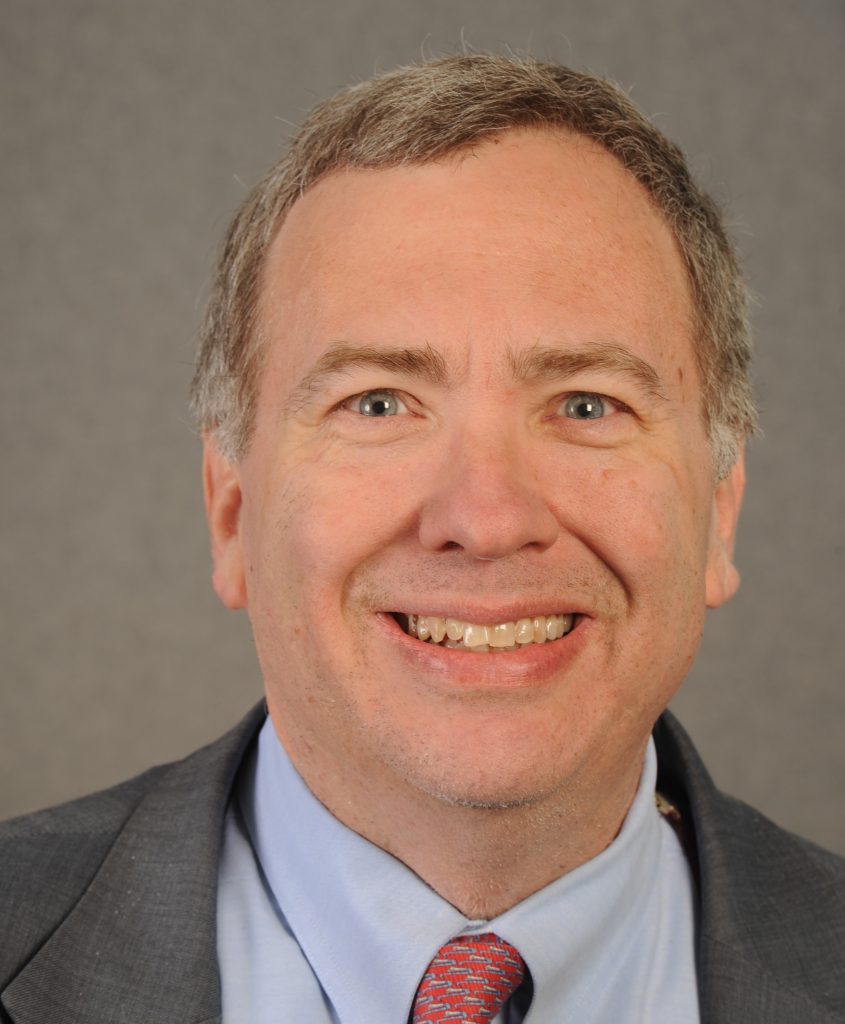Panel on “Keeping the Door Open to Israeli-Palestinian Peace,” moderated by Yael Aronoff with Ghaith Al-Omari, Daniel C. Kurtzer, David Makovsky and Saliba Sarsar
Tuesday, October 6th at 7pm Register here

Ghaith al-Omari
“Small Steps Towards a
Big Goal: Preserving the Two-State Solution in Times of Profound Change”
Ghaith al-Omari, Esq. argues that the Two-State Solution remains the only
option for resolving the Palestinian-Israeli conflict in a way that meets both people’s national aspirations. The talk will examine ways to preserve the future viability of a two-state solution.
Ghaith al-Omari, Senior Fellow in The Washington Institute’s Irwin Levy Family Program on the U.S.-Israel Strategic Relationship, is the former Executive Director of the American Task Force on Palestine. He served as Advisor to the Negotiating Team during the 1999–2001 Permanent-Status Talks in addition to holding various other positions within the Palestinian Authority.

Daniel C. Kurtzer
“Top-Down, Bottom-Up, Inside-Out, Outside-In: Which Way to Israeli-Palestinian peace?”
The old formula for trying to achieve peace between Israel and the Palestinians has not worked, and consideration is now being given to new, single-focus paradigms. There is a need for a comprehensive, multi-layered approach, driven by determined leaders.
Daniel C. Kurtzer is the S. Daniel Abraham Professor of Middle East Policy Studies at Princeton University’s School of Public and International Affairs. During a 29-year career in the U.S. Foreign Service, Ambassador Kurtzer served as the United States Ambassador to Israel and as the United States Ambassador to Egypt. He served as Deputy Assistant Secretary for Near Eastern Affairs and as Principal Deputy Assistant Secretary for Intelligence and Research.

David Makovsky
“Bridge or Bypass Road? How Do Peace Moves between Arab States and Israel Challenge the Way We Think about the Palestinian Issue?”
The Arab Peace Initiative of 2003 was predicated on the view that the best way to provide leverage to the Palestinians was to forestall Arab-Israel peacemaking until after Palestinian demands had been met. Yet, the shifting sands in the Middle East where countries are concerned about destabilization have caused a rethink of the classic paradigm. Can the Emirati-Israeli diplomatic breakthrough change the approach and lead to better results in the Israeli-Palestinian arena?
David Makovsky is the Ziegler Distinguished Fellow at The Washington Institute for Near East Policy and Director of the Project on Arab-Israel Relations. He is also an adjunct professor in Middle East Studies at Johns Hopkins University’s Paul H. Nitze School of Advanced International Studies (SAIS). In 2013-2014, he worked in the Office of the U.S. Secretary of State, serving as a senior advisor to the Special Envoy for Israeli-Palestinian Negotiations.

Dr. Saliba Sarsar
“Finding Common Ground to Move Toward Peace”
Israelis and Palestinians have no choice but to keep the door open to peace. The path – our path — will remain challenged and challenging unless we overcome our fear of the other, our fear of the unknown that seems to dominate the best of us. Our obsession with power, resources, and retaliation has taken hold of our soul and twisted our being. Peace is born by preparing for it. The responsibility and credit for peace rest with all of us.
Dr. Saliba Sarsar, born and raised in Jerusalem, is Professor of Political Science at Monmouth University. His teaching and scholarly interests focus on the Middle East, Palestinian-Israeli affairs, Jerusalem, and peacebuilding. He is the author of Peacebuilding in Israeli-Palestinian Relations (2020) and Jerusalem: The Home in Our Hearts (2018). His most recent edited book is What Jerusalem Means to Us: Christian Perspectives and Reflections (2018).
